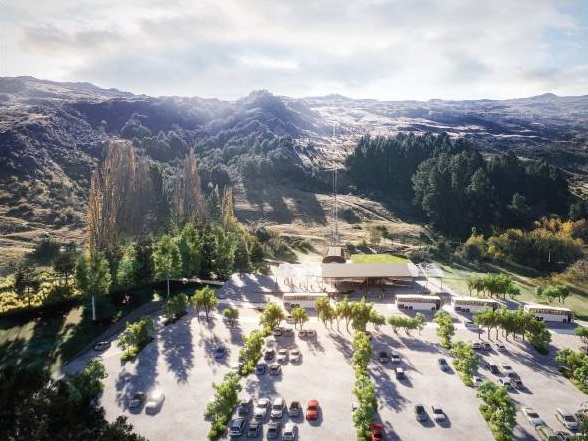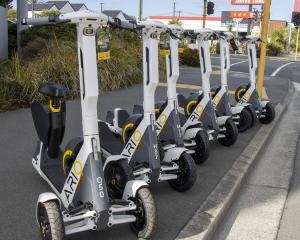
Coronet Village Ltd has proposed a new gondola, off the end of Coronet Peak Station Rd, linking to Coronet Peak skifield.
Additionally, the proposal includes a 780-home subdivision, a commercial centre, private schools and between 600 and 800 car parks on rural-zoned land, which includes outstanding natural landscape.
According to Companies, Queenstown planner Ben Farrell is the sole director and shareholder of Coronet Village Ltd. Mountain Scene reported in May the project was being spearheaded by Queenstown-based tech entrepreneur Rod Drury.
Malaghans Valley Protection Society chairman James Hall said the land subject to the proposal was in the upper catchment for the beleaguered Lake Hayes, and the sewerage infrastructure required to support that level of development was ‘‘non-existent’’.
That meant all waste would be discharged to ground, while other infrastructure, including power, drinking water and roading, would have to be established.
Mr Hall said there had been a concerted effort from community and environmental groups over many years to restore the health of Lake Hayes, a key part of which was ensuring sediment runoff did not flow into Lake Hayes from the upper catchment — Pukunui — which bordered the proposed development, and Pukuiti, which was also in the vicinity.
The former trap, designed by e3Scientific, approved by Otago Regional Council, and constructed by Mana Tahuna Charitable Trust on farmland owned by Chris Dagg, last May, had collected 500 tonnes of toxic sediment by April.
‘‘This scale of development [proposed] is not small; it is essentially a new town being proposed,’’ Mr Hall said.
‘‘This sort of proposal needs a full consultation with the whole community.
‘‘We only happened to find out about this proposed development the evening before [Scene] coverage about the gondola.’’
‘‘To have something like this slip under the radar and get approved for fast-track development would be damaging to the environment and character of the area, and the long-term vision for growth of our district.’’
As part of the government’s new fast-track process, directly affected parties and councils would have 10 days to submit on a proposal.
‘‘There are no meaningful opportunities to be involved in the decision-making,’’ Mr Hall said.
‘‘We are trying to voice our concerns now and get ahead of the publicly-excluded process.’’
He believed the list of proposed projects was expected to be announced late this month.
Under the Fast-track Approvals Bill, designed to enable a fast-track decision-making process for infrastructure and development projects considered to have significant regional or national benefits, projects would be referred to an expert panel by the Infrastructure Minister, who would be required to consult the Environment Minister and others.
The final decision would rest with the expert panel, appointed by the government, which was required to include people with environmental expertise.













